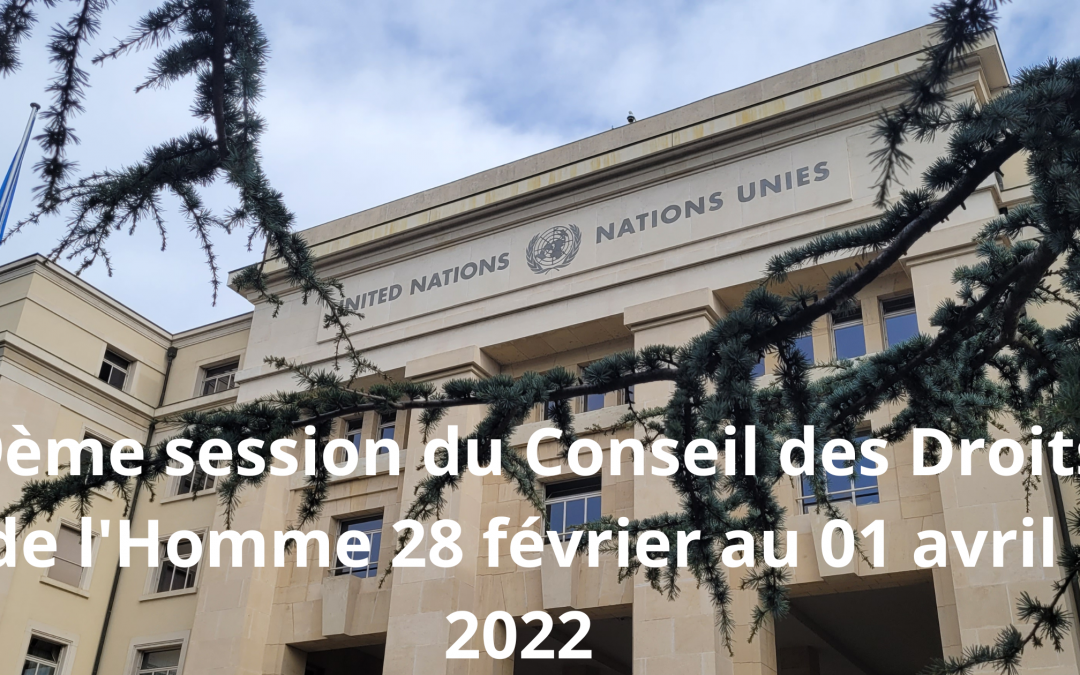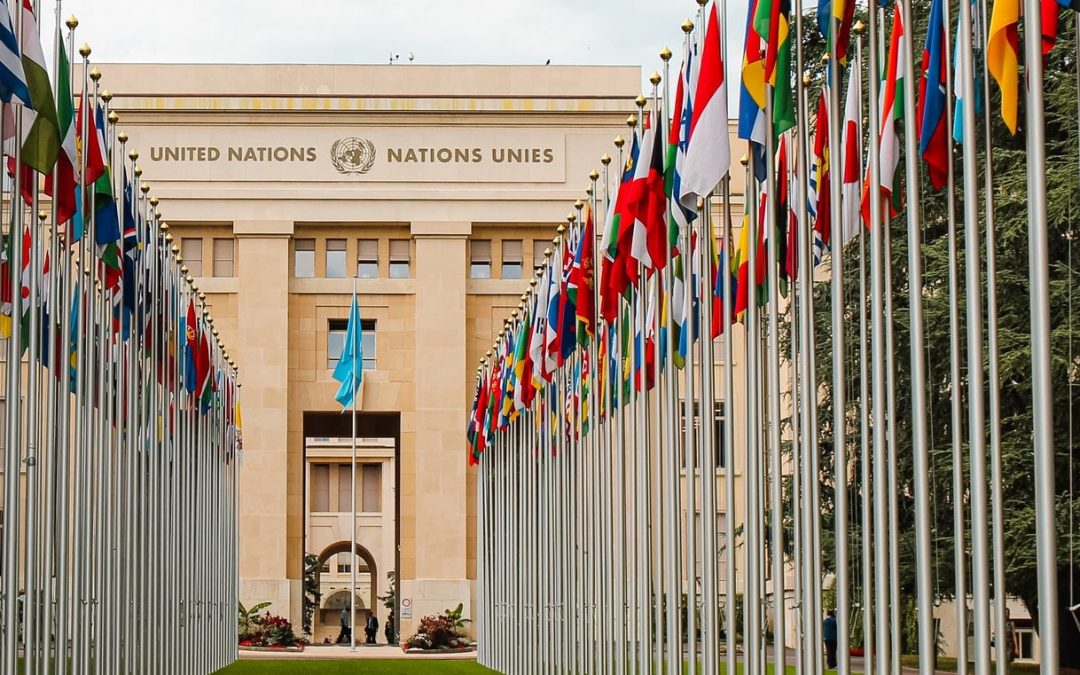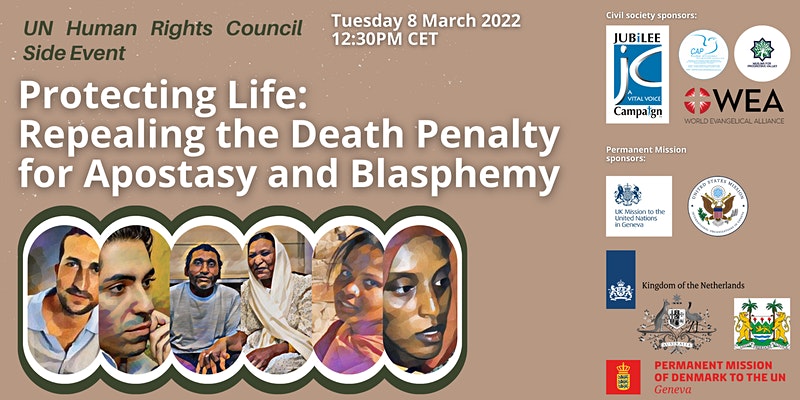
by CAP Liberté de Conscience | Mar 11, 2022 | CAP LC United Nations, HRC 49
This article states that ‘an act willfully committed by a citizen of Ukraine in the detriment of sovereignty, territorial integrity and inviolability, defense capability, and state, economic or information security of Ukraine: joining the enemy at the time of martial law or armed conflict, espionage, assistance in subversive activities against Ukraine provided to a foreign state, a foreign organization or their representatives, shall be punishable by imprisonment for a term of ten to fifteen years.’

by CAP Liberté de Conscience | Mar 11, 2022 | HRC 49, news, Signing letters
Likewise, in its Resolution 49/1 adopted on 4 March 2022, the Human Rights Council ‘condemned in the strongest possible terms the human rights violations and abuses and violations of international humanitarian law resulting from the Russian Federation’s aggression against Ukraine’. The Council expressed ‘grave concern at the documented harm to the enjoyment of many human rights, including the rights to life, education, and the highest attainable standard of physical and mental health, caused by Russian shelling and bombing in populated areas’. Further, Council resolution 49/1 expressed grave concern at reports of ‘gross and systematic violations and abuses of human rights’, thereby invoking the explicit language of GA Resolution 60/251 in so far as concerns the threshold
for suspension

by CAP Liberté de Conscience | Mar 10, 2022 | CAP LC United Nations, HRC 49, news
We are deeply concerned about the mass-scale massacres of civilians in war and non-war zones in Ethiopia as recently reported by Human Rights Without Frontiers.

by CAP Liberté de Conscience | Feb 26, 2022 | CAP LC United Nations, HRC 49
In a written statement submitted to the United Nations Human Rights Council (Forty-ninth session 28 February–1 April 2022) which was submitted through Coordination des Associations et des Particuliers pour la Liberté de Conscience, a non-governmental organization in special consultative status in the United Nations Human Rights Council, it was demanded that the gross violation of human rights in Balochistan needs immediate attention and intervention from the international community.

by CAP Liberté de Conscience | Feb 26, 2022 | CAP LC United Nations, HRC 49
The statement mentions that scholars have recognized that corruption is a violation of human rights. “Thirteen years ago, CAP-LC states, the Maastricht Center for Human Rights in the Netherlands organized an important conference on corruption as a human rights issue, on October 22–23, 2009. The majority position at the Maastricht conference was that there is indeed a provision in international law that makes corruption a violation of human rights. It is article 2, number 1, of the International Covenant on Economic, Social and Cultural Rights.” The provision mandates that states should remove the obstacles to the full enjoyment of human rights by their citizens, and there is little doubt that corruption is such an obstacle.

by CAP Liberté de Conscience | Feb 22, 2022 | CAP LC Event Coming, HRC 49
We have learned that egregious crimes such as forced organ harvesting from living Falun Gong practitioners has occurred for over two decades in the People’s Republic of China. Irrefutable evidence has been gathered and led to a unanimous judgement. The international community appears to be overwhelmed in the handling of crimes against humanity to the extent that the values of our civilization are at stake. Humankind has to decide if it accepts or rejects the killing of human beings for forced organ harvesting or other exploitations.

by CAP Liberté de Conscience | Feb 22, 2022 | CAP LC Event Coming, HRC 49
Escalation of Human Rights Violations in the 21st century : State-sponsored Forced Organ Harvesting of Living People

by CAP Liberté de Conscience | Feb 22, 2022 | CAP LC Event Coming, CAP LC United Nations, HRC 49, news
Inspire and equip policy makers to address and effectively work to repeal the death penalty for choice or expression of religion or belief.





